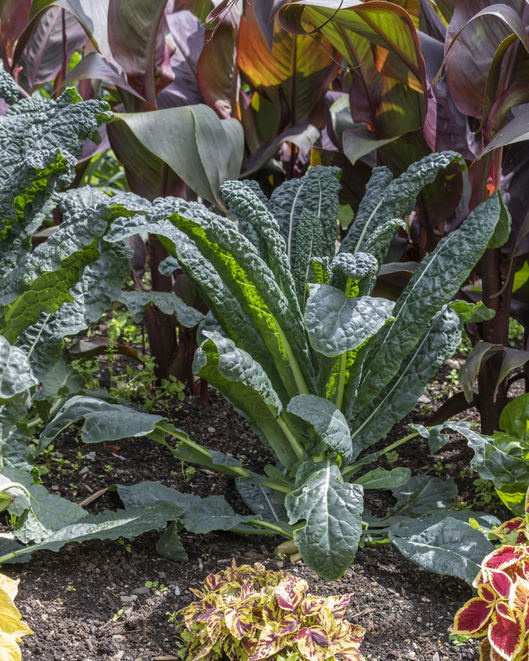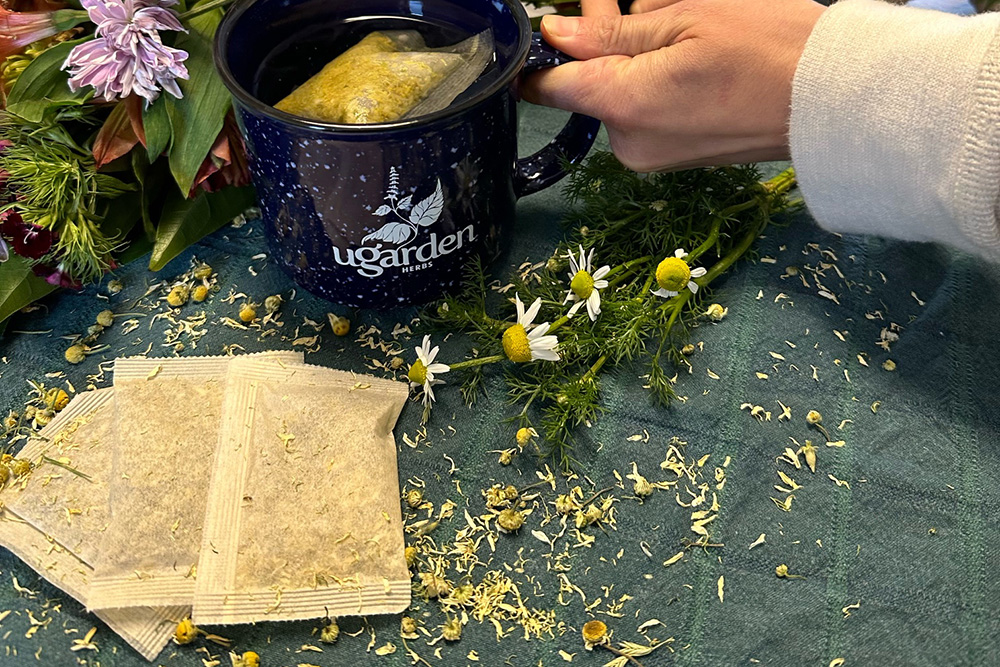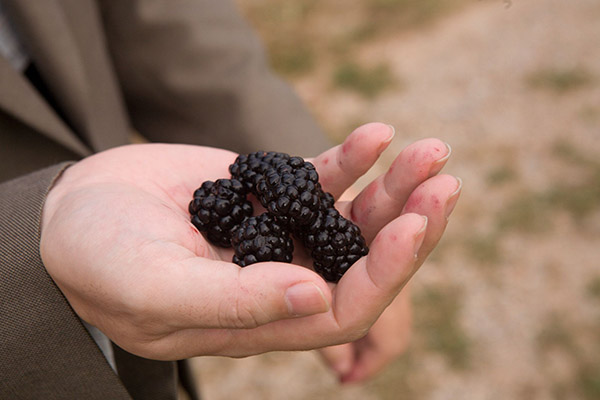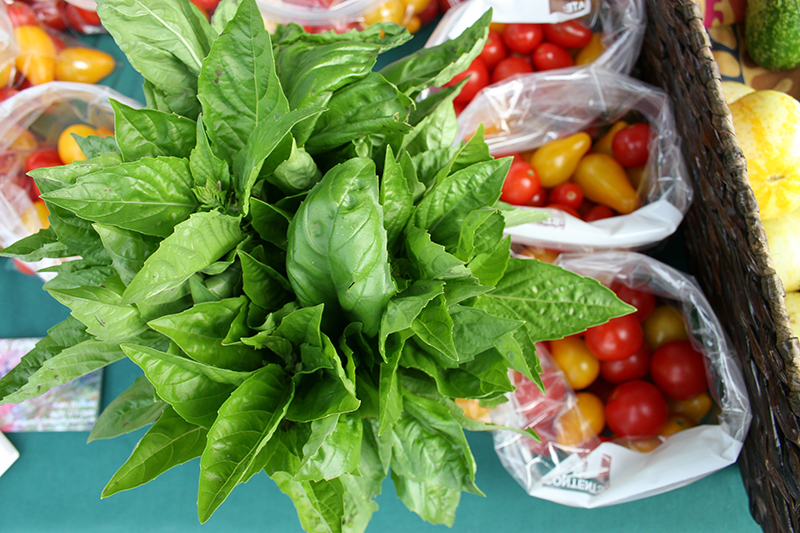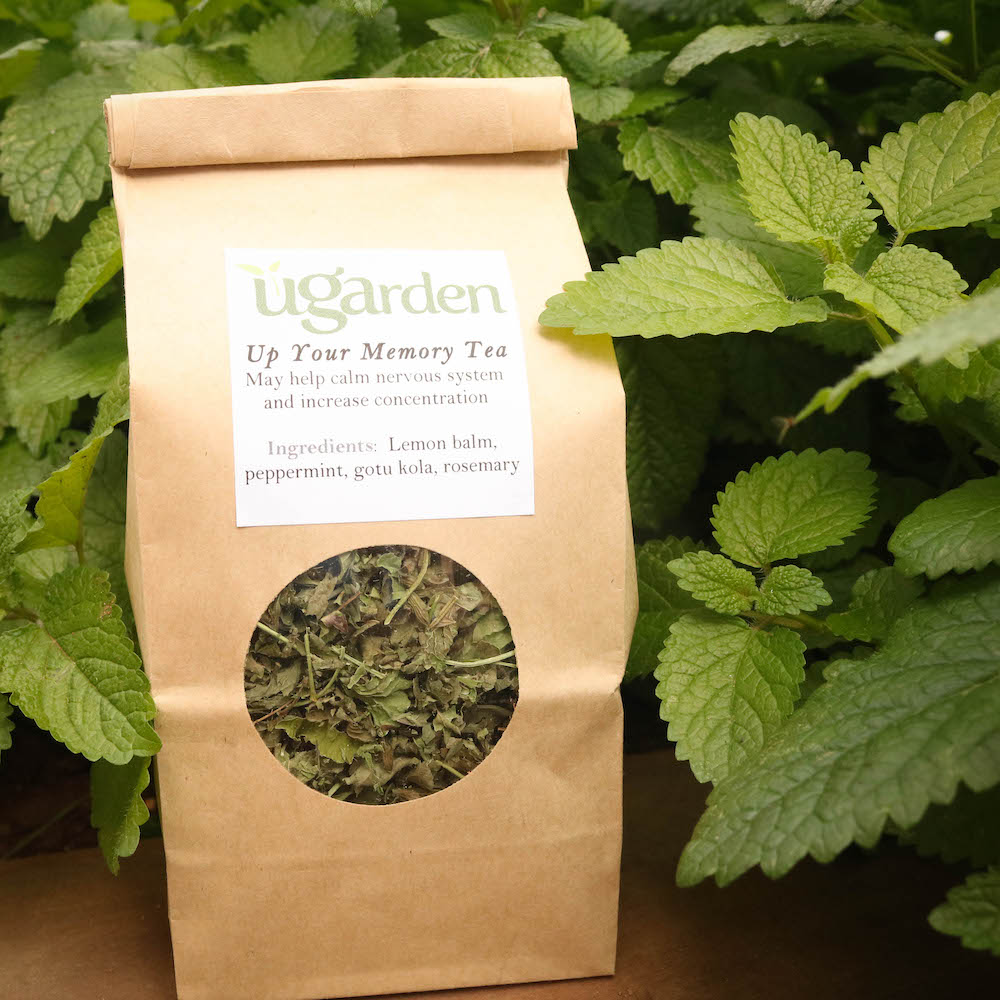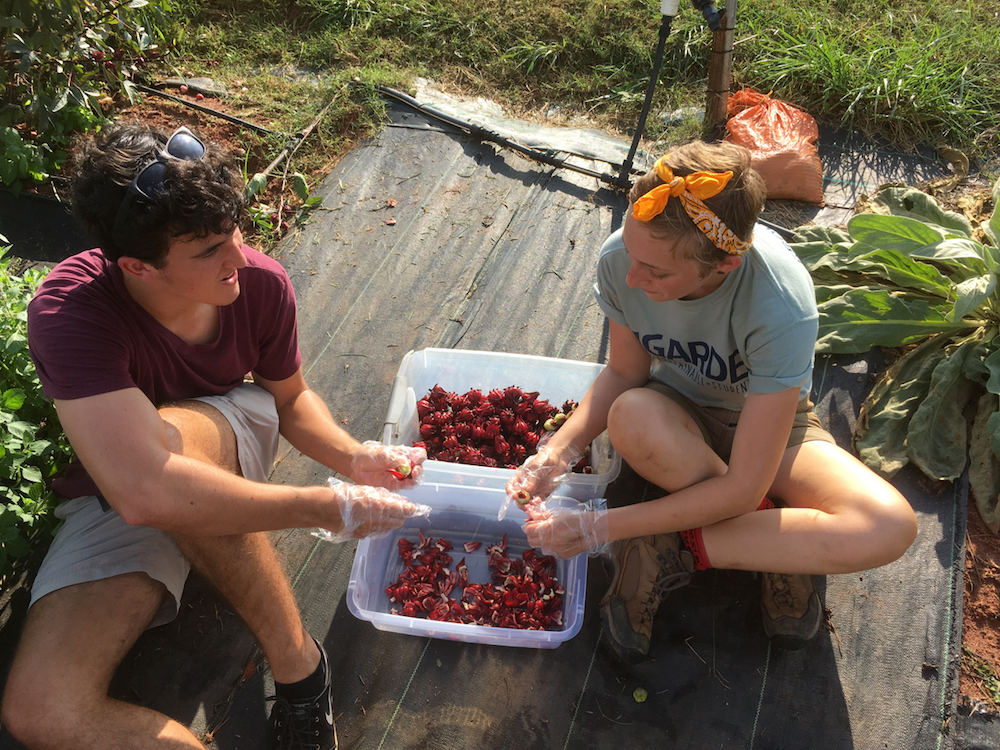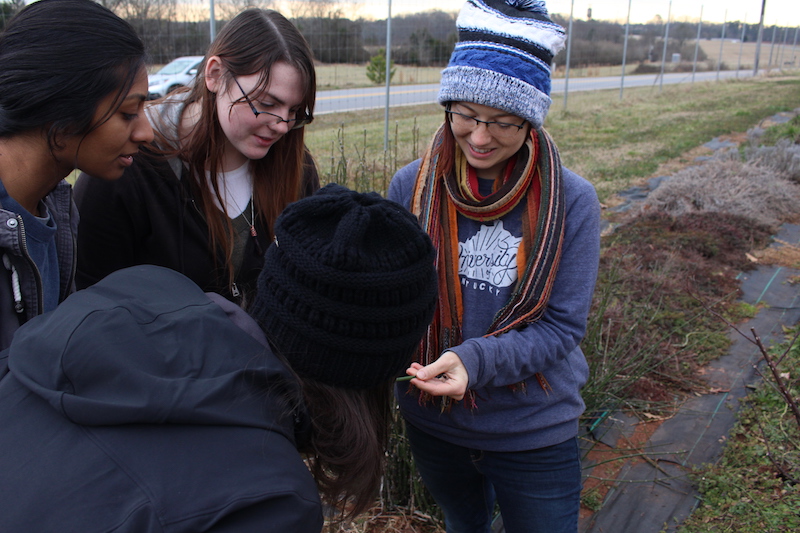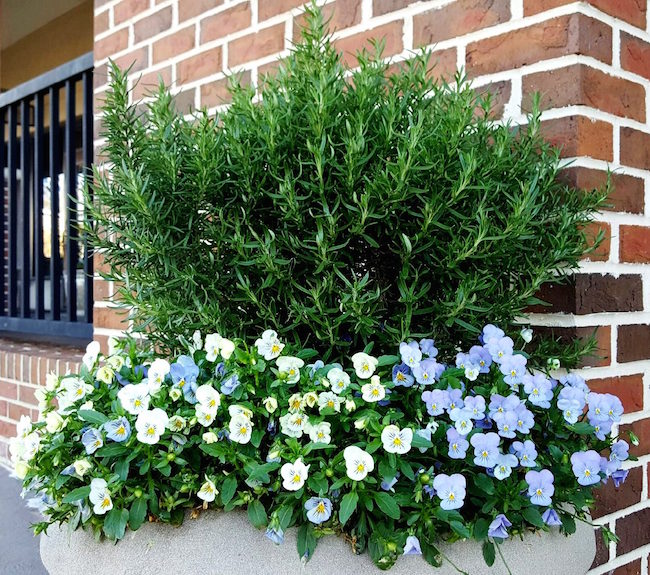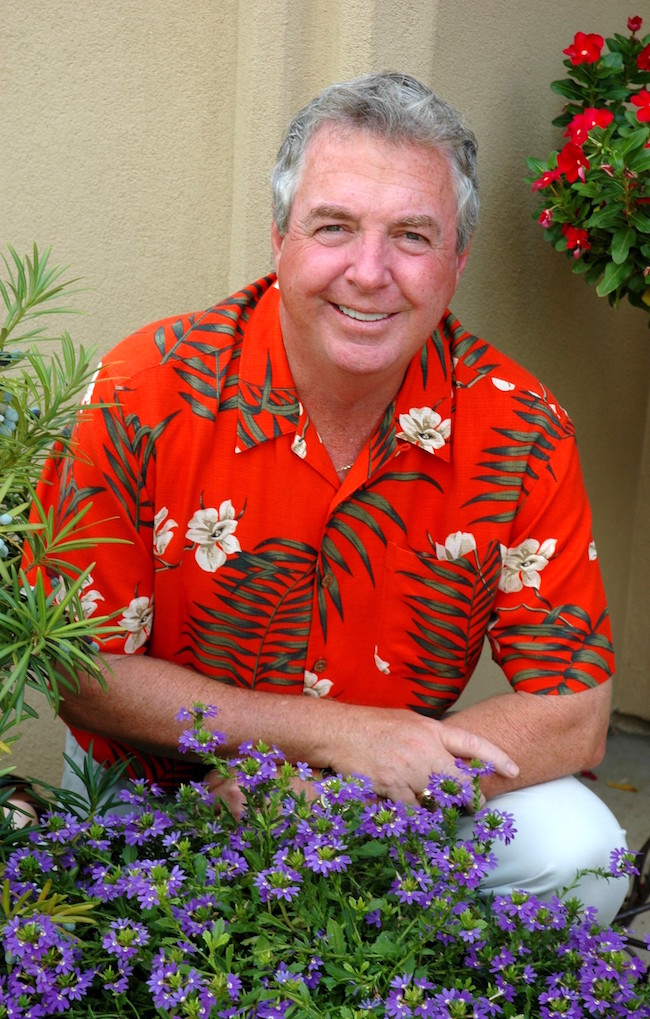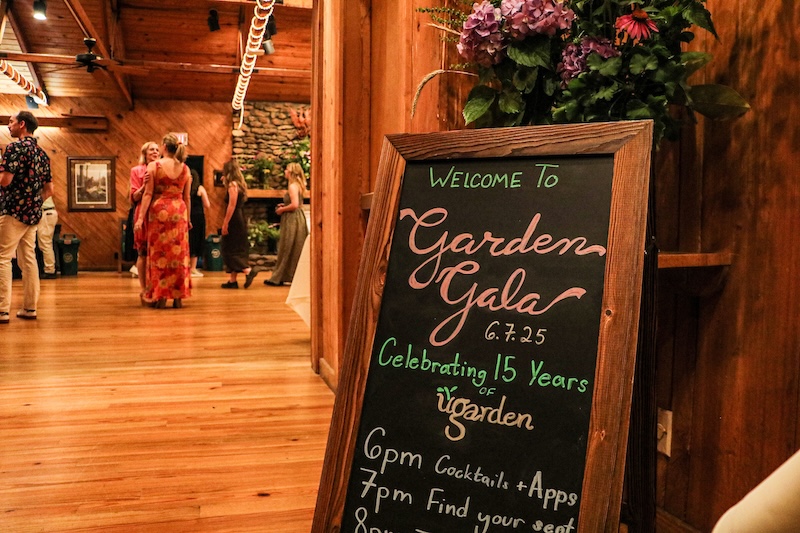 CAES News
CAES News
UGArden Anniversary
Fifteen years ago, what is now a thriving, 10-acre teaching farm began as little more than a beat-up cattle run. Today, UGArden is not only a model of sustainable agriculture at the University of Georgia: It’s also a cherished community garden built by and for students, where they can learn to grow food organically, connect with the land and serve the broader Athens community.

